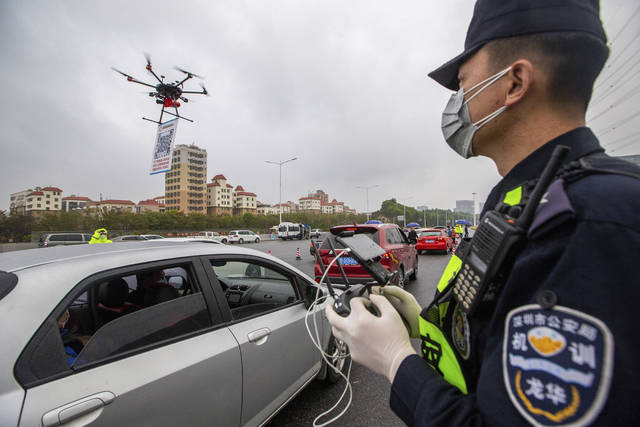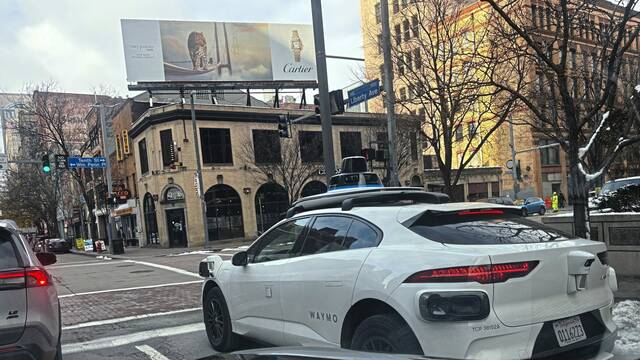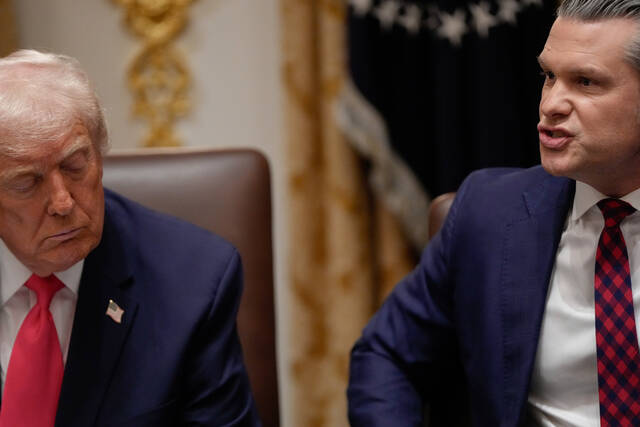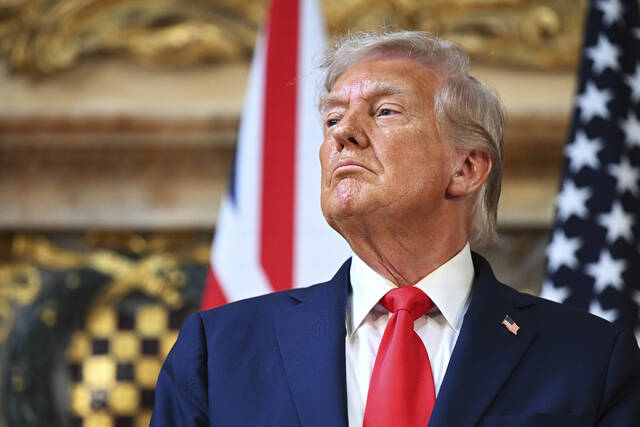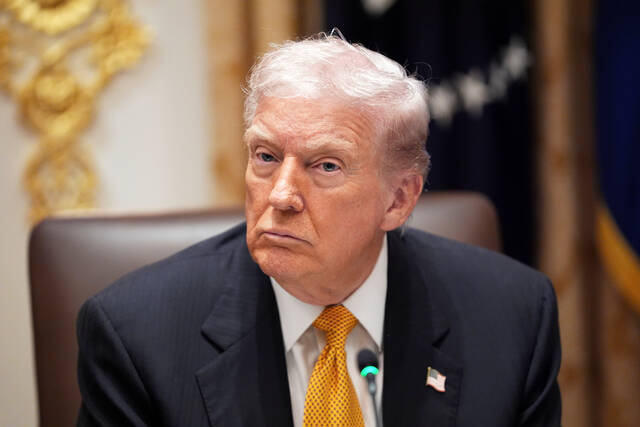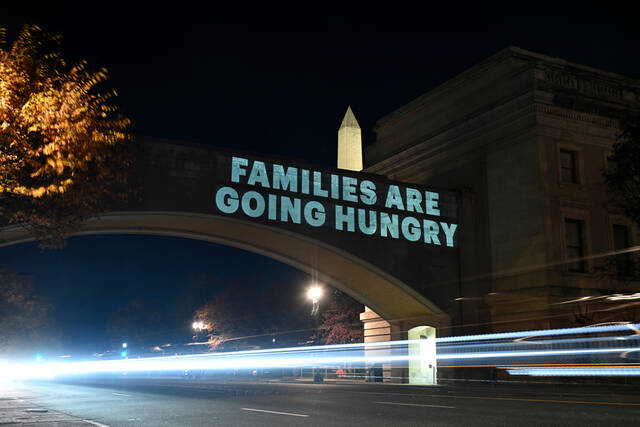“I’ll take Duquesne minus seven for a nickel.” With those words, spoken by gambler Charlie Katz in a phone booth on Sunset Strip in Los Angeles in 1965, Duquesne University’s basketball team came to play an inadvertent but key role in Katz v. U.S., the leading U.S. Supreme Court case on privacy in the electronic age.
Wary of wiretaps, Katz was careful to place his sports bets from a phone booth. At that time, police needed a search warrant to plant listening devices inside the physical space where a suspect was talking. So they thought they were good without a warrant if they taped a modern microphone outside on the roof of the phone booth where Katz was placing his bets.
Katz was convicted and faced long odds on appeal, but two years later the Supreme Court bought his argument that modern technology created a need for modern privacy protections. Reversing his conviction, the court held that the Fourth Amendment protects people, not property, and Katz had a reasonable expectation of privacy inside that phone booth.
It was a victory for the rights of the individual, creating a new level of protection for a new era of electronic surveillance. But even though we all love those rights, we seem to readily trade them away for safety, especially during a national emergency like the current pandemic.
Few have tried to argue against the use of electronic surveillance to fight the coronavirus. Cellphones and GPS can all be used to track us and identify hot spots or determine if we have been in contact with someone who could spread the virus.
Since government has failed at old-fashioned tracing and adequate testing, many believe that is a good trade for now.
Drones have been used in American cities to find and warn violators of social distancing requirements. It has worked on beaches and in parks, where there is not much of an expectation of privacy and where enforcement would be difficult. And it is safer for police officers, who would otherwise have to come into closer contact with violators and risk infection.
And in other countries, drones can zero in on you, take your temperature and follow you home or use face recognition software to identify you. As deaths continue to climb, temporarily sacrificing privacy for drone technology has come to seem like a good trade, too.
None of this technology could have been imagined by the U.S. Supreme Court in 1967. The justices would have been even more surprised to find Americans happily trading off their privacy by posting their intimate moments on social media and installing smart-home devices that compromise their privacy.
But the privacy protections in Katz v. U.S. should still matter to us all. In a national emergency, we sometimes set our rights aside for security. We just can’t forget about getting those rights back when the emergency passes.
Charlie Katz knew some things. The Dukes had a winning season that year, and he placed a winning bet that our privacy rights should always be one step ahead of technology. And that’s a bet we should double down on.


